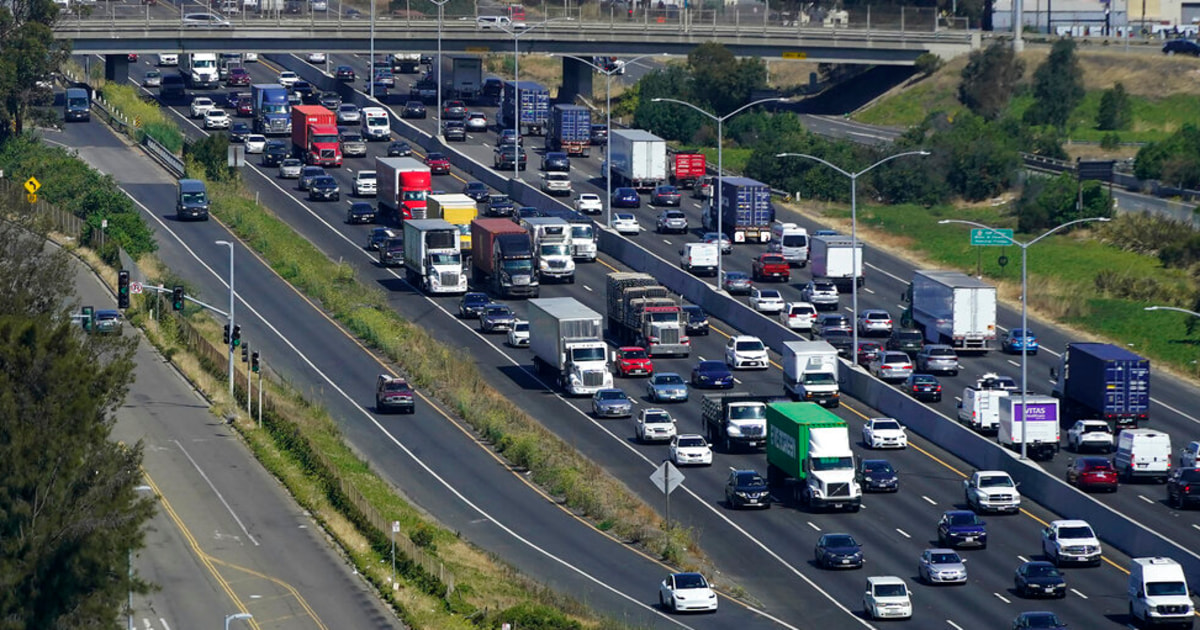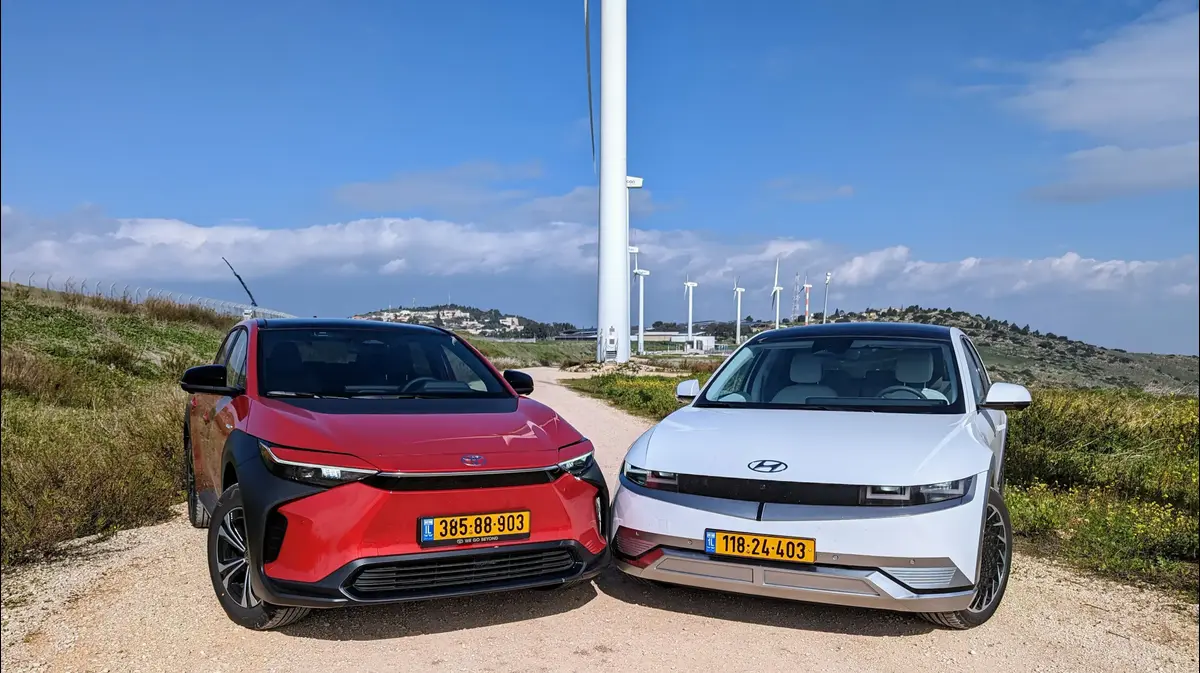California, the nation's top car market, passed a first-of-its-kind law to reward low-income residents who choose not to buy a car with $1,000.
It's one of several steps the state has taken to try to reduce its carbon emissions to combat the climate emergency.
[Non-electric vehicles can no longer be bought or sold in Washington starting in 2030]
Governor Gavin Newsom is expected to sign this law that will work as a refund of state taxes for those who earn less than 40,000 dollars a year and less than 60,000 if they file jointly with their partners.
They may even receive the full amount even if their tax deductions are lower.
During Saturday's legislative session, state lawmakers also passed measures to ban the construction and operation of oil wells near residential areas and set a goal of generating 90% of electricity from clean greenhouse gas sources by 2035.
Heavy traffic on a freeway in Oakland, California, on August 16, 2022. Jeff Chiu / AP
"There has never been a year like this for the climate," said David Weiskopf, senior adviser at NextGen Policy, in a statement collected by The Washington Post.
"I couldn't be more proud of what our state has accomplished," he added.
The new tax credit is intended to make a small dent in California's notorious highway congestion and provide low-income households with extra financing to use public transportation.
In Los Angeles, for example, the extra $1,000 could provide almost enough cash for unlimited monthly passes on the Los Angeles subway.
End of fossil fuel vehicles
In late August, California headed toward the end of the era of fossil-fuel vehicles, with regulators adopting the world's toughest standards for the transition to zero-emission cars.
The California Air Resources Board's decision to make all new cars and trucks electric or hydrogen by 2035 may reshape the US car market, which generates 10% of its sales in the nation's most populous state.
But such a radical transformation in what people drive will also require at least 15 times more vehicle chargers statewide, a more robust electric grid, and vehicles that people of all income levels can afford.
“It's going to be very difficult to get to 100%,” said Daniel Sperling, a member of the board of directors and founding director of the Institute for Transportation Studies at the University of California, Davis campus.
"You can't wave your wand, you can't adopt a regulation: people have to buy them and actually use them."
Gov. Gavin Newsom told state regulators two years ago to adopt a ban on gasoline-powered cars by 2035, one piece of California's aggressive set of policies designed to cut pollution and fight climate change.
If the policy works as designed, California would cut vehicle emissions in half by 2040.
[What awaits the automobile industry in 2022?]
Seventeen states with vehicle emission standards tied to California's standards are facing compelling decisions about whether to follow that state's stricter new standards that require all new cars, trucks and SUVs acronym in English) are electric or hydrogen by the year 2035.
Under the Clean Air Act, states must meet the federal government's vehicle emissions standards, unless they choose to follow, at least partially, California's more stringent requirements.
Among them, Washington, Massachusetts, New York, Oregon and Vermont are expected to adopt California's ban on new gasoline vehicles.
Colorado and Pennsylvania are among the states that probably won't.
The legal terrain is a little more murky in Minnesota, where the state's
Clean Cars
rule has been a political minefield and the subject of a legal fight.
Meanwhile, the Republicans rebel in Virginia.






/cloudfront-eu-central-1.images.arcpublishing.com/prisa/OD3CEWF6TJG4FH7RLIGMZ2UOXM.jpg)






